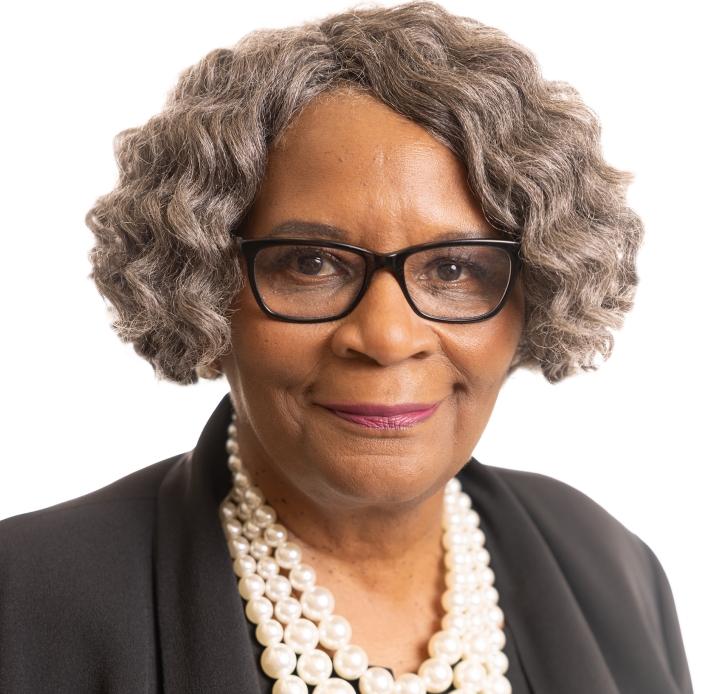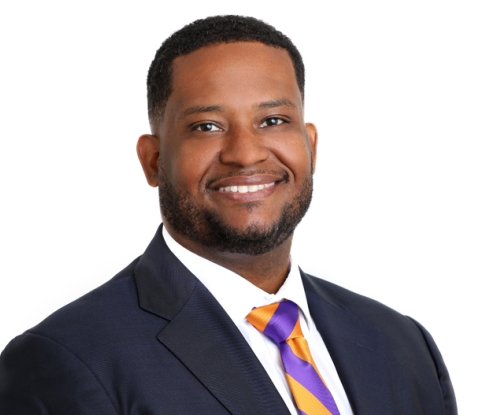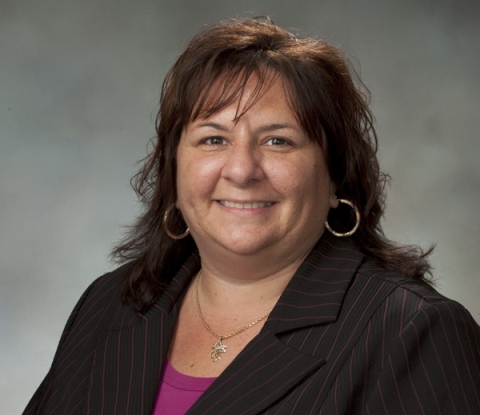
About the Interim President
Bonita R. Durand, Ph.D. has been named interim president by the SUNY Board of Trustees. Durand will serve in this role until the appointment of a permanent president.
Durand retired in 2018 after 22 years of service to SUNY Buffalo State, where she served as chief of staff and secretary to the Buffalo State College Council. Durand served under five presidents at Buffalo State during her tenure. In addition, she was a graduate faculty member in the university’s Higher Education Administration Department, where she taught courses on the history of American higher education and strategic planning and finance in higher education.
Durand provided leadership to countless committees and working groups at Buffalo State, including the Middle States accreditation steering committee, the presidential inauguration support committees, the facilities master planning committee, and the presidential search advisory committees. She has also served as the faculty adviser for the collegiate chapter of the National Council of Negro Women and the campus adviser for the Gamma Kappa Chapter of Delta Sigma Theta Sorority Inc.
An active member of the Western New York community, Durand has dedicated her time to numerous organizations across the city and region.
Interim President Office Staff

President's Office
Cleveland Hall 517
1300 Elmwood Ave
Buffalo NY, 14222
burkeln@buffalostate.edu

President's Office
Cleveland Hall 517
1300 Elmwood Ave
Buffalo NY, 14222
sliszma@buffalostate.edu
